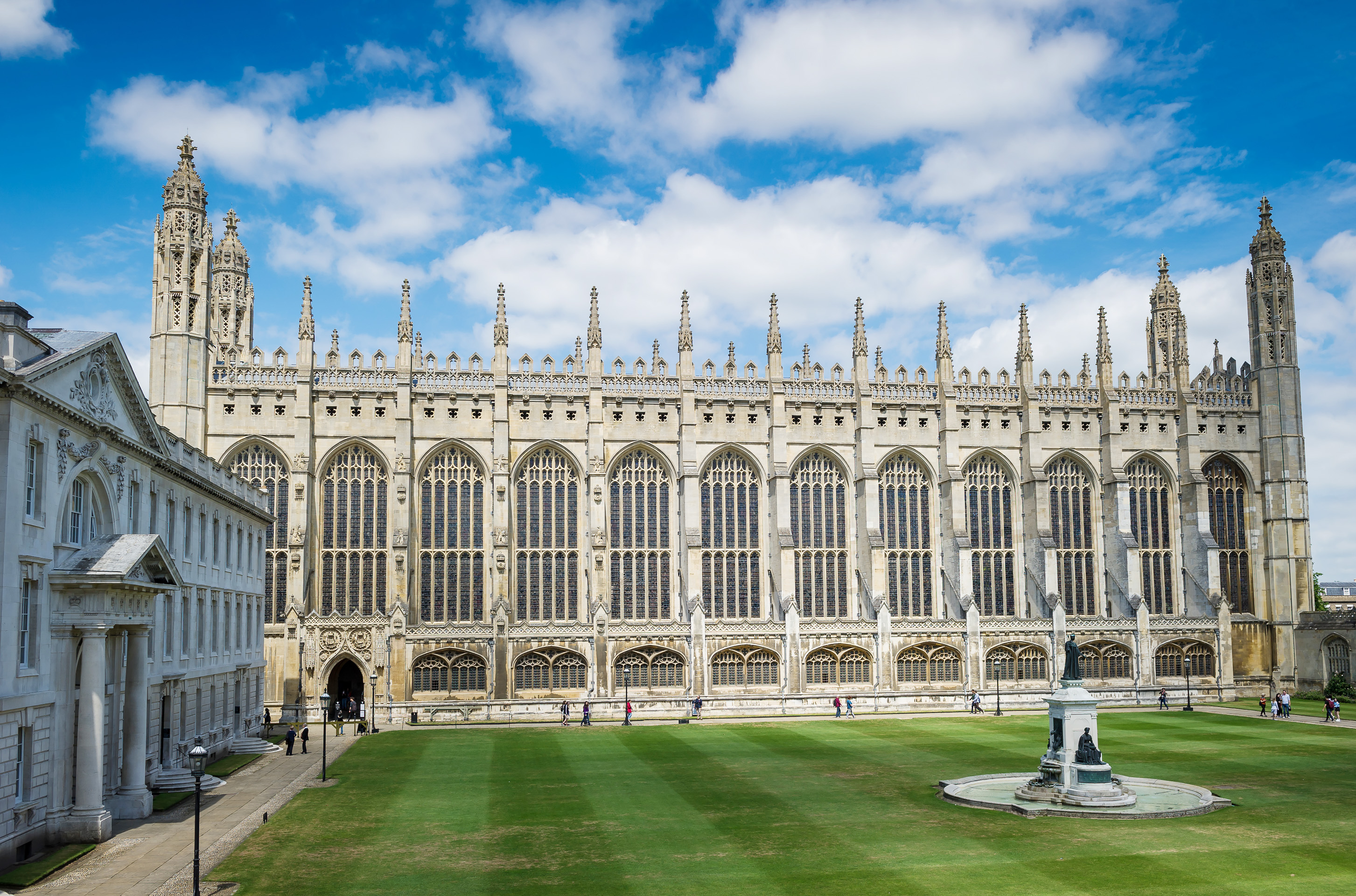Small Subjects Residential
Year 12 students at UK state schools explore how to answer the big questions of the future in this exciting residential.

On this page
This event has now passed for 2025. Check back later for information about 2026! If you would like to be notified when applications for the 2026 residential open, you can express your interest here.
What's involved?
This two-day, one-night free residential will allow year 12 students at UK state schools to explore interdisciplinary study through some of the 'small subjects' offered at Cambridge. Through independent research, academic sessions, and group work with peers, students will discover how a degree in one of these subjects might help them to answer the big questions of the future.
2025's theme is: "Could AI erase the 'other'?"
History tends to amplify the dominant voice. With the development and deployment of AI, which strengthens and replicates already-established power dynamics, are we at risk of entirely erasing the stories, communities and experiences of the ‘other’; those who are other than, different from, or marginalised by, the dominant groups in society?
The growing use of AI in an increasing range of settings has the potential to have far-reaching implications that go further than the world of technology. AI has the potential to transform the way we live our lives, how we relate to each other, and how we experience power, leaving few dimensions of social interaction untouched. At the same time, the environmental impact of the development and deployment of AI is coming under increasing scrutiny, as are its potential implications for inequality.
In such a context, how might we use interdisciplinary study to better understand the social implications of AI, and, more specifically, whether it will, or has the capacity to, erase the ‘other’?
This residential will take place from the 10th-11th April 2025. Participants will work with academics from the disciplines of:
- Anglo-Saxon, Norse & Celtic
- Archaeology
- Asian & Middle Eastern Studies
- History of Art
- Linguistics
- Philosophy
- Theology, Religion & Philosophy of Religion
The residential will combine a series of workshops and group activities that will:
- Demonstrate the variety of careers to which a degree in these subjects can lead
- Demonstrate that these 'niche' disciplines are actually at the heart of some of the biggest contemporary issues of today
- Demonstrate the value of inter-disciplinary work and the opportunities for this kind of work at university
How much does it cost?
This event is completely free to attend. Travel expenses will be covered for students who can provide evidence of eligibility for Free School Meals (FSM). We may also cover expenses for students who are not eligible for FSM but can provide evidence of a household income below median average earnings in the UK. Please email slo@kings.cam.ac.uk if you are unsure about your eligibility.
Where will the event take place?
The event will take place at King's College, University of Cambridge. Attendees will be required to stay overnight in student accommodation.
Eligibility criteria and selection
To be eligible for the event, you must be:
- Currently in year 12 (England and Wales), year 13 (Northern Ireland), or S5 (Scotland)
- Currently studying at a UK state school
- Interested in inter-disciplinary study
The event is open to all who meet the above criteria, but in the event of being oversubscribed, students will be selected based on widening participation criteria.
How to apply
This event has now passed. Information for 2026 will be updated on this webpage in due course.

